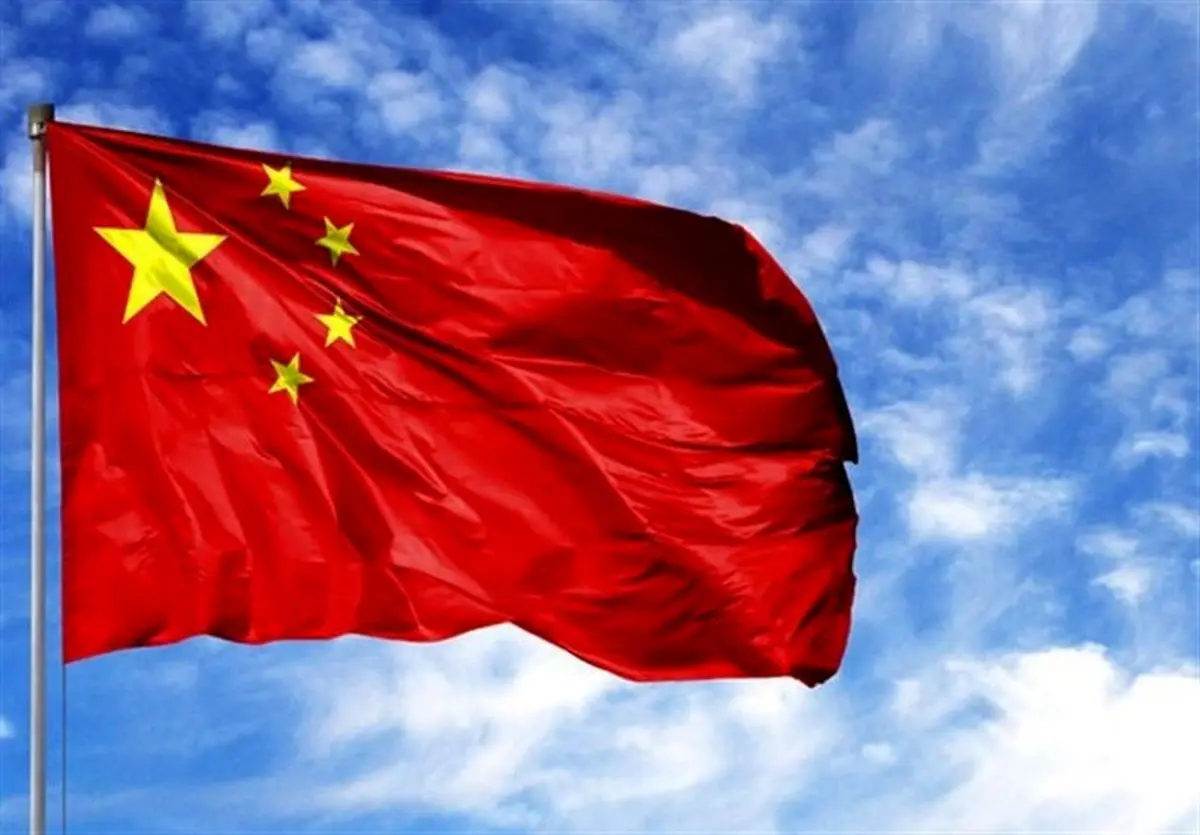China Says US Sending ‘Dangerous Signals’ on Taiwan

China accused the United States of sending “very wrong, dangerous signals” to Taiwan after the US secretary of state told his Chinese counterpart on Friday that the maintenance of peace and stability over Taiwan was vitally important.
Taiwan was the focus of the 90-minute, “direct and honest” talks between the secretary of state, Antony Blinken, and the Chinese foreign minister, Wang Yi, on the margins of the UN general assembly in New York, a US official told reporters.
“For our part, the secretary made crystal clear that – in accordance with our long-standing one-China policy, which again has not changed – the maintenance of peace and stability across the Strait is absolutely, vitally important,” the senior US administration official said, Reuters reported.
China’s foreign ministry, in a statement on the meeting, said the US was sending “very wrong, dangerous signals” on Taiwan, and the more rampant Taiwan’s independence activity, the less likely there would be a peaceful settlement.
“The Taiwan issue is an internal Chinese matter, and the United States has no right to interfere in what method will be used to resolve it,” the ministry cited Wang as saying.
Tensions over Taiwan have soared after a visit there in August by the US House of Representatives speaker, Nancy Pelosi - which was followed by large-scale Chinese military drills – as well as a pledge by the US president, Joe Biden, to defend the self-governed island.
Biden’s statement was his most explicit to date about committing US troops to the defend the island. It was also the latest instance of his appearing to go beyond a longstanding US policy of “strategic ambiguity”, which does not make it clear whether the US would respond militarily to an attack on Taiwan.
The White House has insisted its Taiwan policy has not changed, but China said Biden’s remarks sent the wrong signal to those seeking an independent Taiwan.
In a phone call with Biden in July, the Chinese leader, Xi Jinping, warned about Taiwan, saying “those who play with fire will perish by it”.
The state department had said earlier that Blinken’s meeting with Wang was part of a US effort to “maintain open lines of communication and manage competition responsibly”, and the senior official said Blinken had reiterated US openness to “cooperating with China on matters of global concern”.
Blinken also “highlighted the implications” if China were to provide material support to Russia’s invasion of Ukraine or engage in wholesale sanctions evasion, the official added.
US officials have in the past said they had seen no evidence of China providing such support.
Blinken “underscored that the United States and China and the international community have an obligation to work to counter the effects of that invasion and also to deter Russia from taking further provocative actions”, the official said.
China sees Taiwan as one of its provinces. Beijing has long vowed to bring Taiwan under its control and has not ruled out the use of force to do so.
Taiwan’s government strongly objects to China’s sovereignty claims and says only the island’s 23 million people can decide its future.
Taiwan’s foreign ministry, responding to the meeting between Blinken and Wang, said China’s “recent provocative actions” had made the Taiwan Strait a focus of discussion, and China was trying to “confuse the international audience with arguments and criticisms that contradict reality.”
Blinken’s meeting with Wang was preceded by one between the foreign ministers of the Quad grouping of Australia, India, Japan and the US, which issued a statement, referring to the Indo-Pacific, saying that “we strongly oppose any unilateral actions that seek to change the status quo or increase tensions in the region”.
Since Pelosi’s visit “China has taken a number of provocative steps that have by design acted to change the status quo”, the US official said.
The US vice-president, Kamala Harris, will discuss Taiwan security during bilateral meetings with the leaders of US allies Japan and South Korea when she visits them next week, another US official said.
Daniel Russel, the top US diplomat for Asia under president Barack Obama, said the fact Blinken and Wang had met was important after the turbulence brought by Pelosi’s visit, and hopefully some progress would have been made towards arranging a meeting between Xi and Biden on the sidelines of a G20 meeting in November, which would be their first in-person as leaders.
“Wang and Blinken’s decision to meet in New York does not guarantee the November summit will go smoothly or that it will even occur,” said Russel, now with the Asia Society. “But had they been unable to meet, it would have meant the prospects for a summit in November were poor.”
